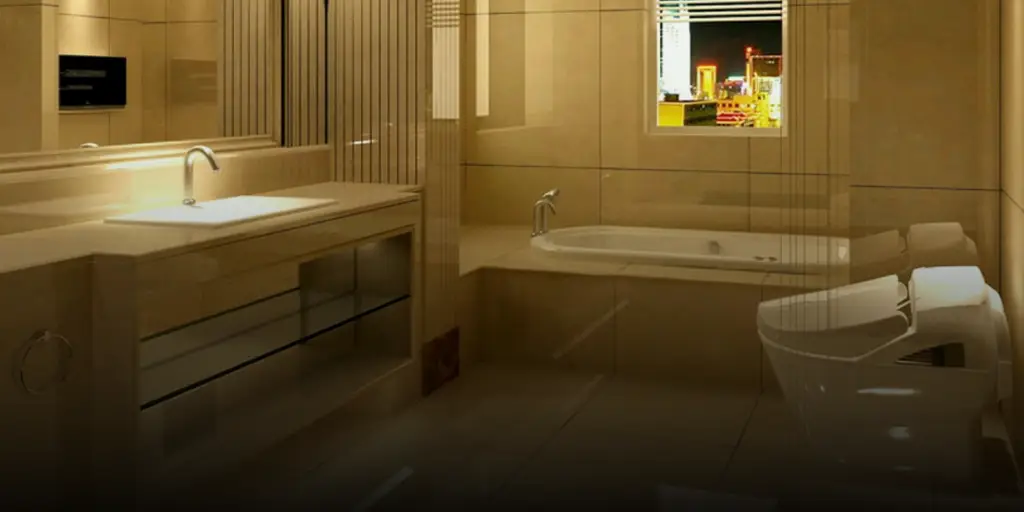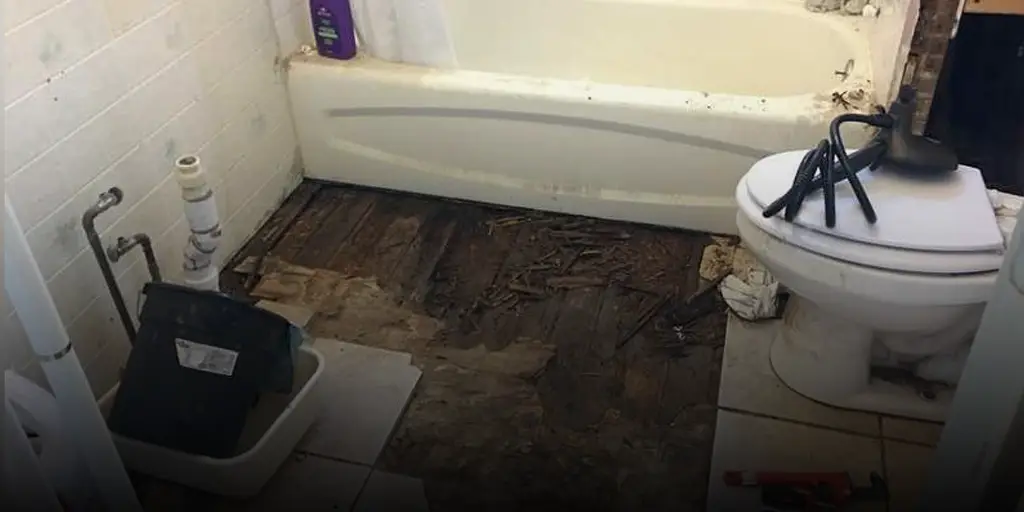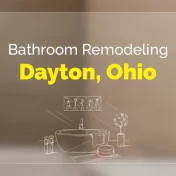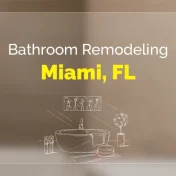A fresh and clean bathroom is not just a matter of pride but also a necessity for a healthy home. Yet, many homeowners face the unpleasant and often perplexing issue of sewage smells emanating from their bathrooms.
This problem, aside from being a major source of discomfort, poses significant health risks due to the potentially harmful gases involved.

Understanding the root causes of these odors is the first step in effectively resolving them and restoring the sanctity of your bathroom.
In this comprehensive guide, we dive deep into the common culprits behind bathroom sewage smells and provide practical, easy-to-follow solutions.
Whether you’re a DIY enthusiast or prefer professional intervention, this article has something for everyone.
Understanding Sewage Smells in the Bathroom
Sewage odors in the bathroom are not just a sign of inconvenience but an indication of underlying plumbing issues that need immediate attention. These smells are often caused by a range of factors, each requiring a unique approach to resolve.
Here, we outline the primary reasons for sewage odors, setting the stage for a more detailed exploration in the subsequent sections.
- Dry P-Trap: The water-sealed curve in your drain that keeps sewer gases at bay.
- Shower Drain Clogs: Blockages due to hair, soap, and other debris.
- Damaged Toilet: Wear and tear leading to leaks and gas escape.
- Vent Pipe Problems: Blocked or malfunctioning vent pipes affecting air pressure and sewage gas flow.
- Bacterial Build-Up: Microbial growth causing persistent odors.
- Full Septic Tank: Overfilled tanks pushing gases through the pipes.
- Sewer Backups: External factors like heavy rainfall overwhelming the sewer system.
Each of these issues can contribute to the unwelcome aroma of sewage in your bathroom.
By understanding these causes, homeowners can better diagnose their specific problem and apply the most effective solution, whether it’s a simple DIY fix or a call to a professional.
Detailed Examination of Causes and Solutions

1. Dry P-Trap
A dry P-trap is often the simplest cause of sewage smells in the bathroom. The P-trap, a U-shaped pipe under your sink or drain, holds water to form a seal against sewer gases. When a bathroom is not used regularly, the water in the P-trap can evaporate, breaking this seal.
Solution: Regularly run water in seldom-used sinks or showers to maintain the water seal. If the smell persists, pour a mixture of water and baking soda down the drain to refresh the trap and clear minor clogs.
2. Shower Drain Clogs
Hair, soap scum, and other debris can accumulate in your shower drain, leading to clogs that trap sewer gases.
Solution: Remove the shower drain cover and manually clean out any visible debris. Then, pour a mixture of vinegar and hot water down the drain, followed by baking soda, to break down the buildup. Let it sit for a few hours before flushing with hot water.
3. Damaged Toilet Issues
Toilets can develop leaks over time due to a failing wax seal or cracks in the bowl. These leaks can allow sewer gases to escape into your bathroom.
Solution: Inspect the toilet for visible damage. If the wax ring is the culprit, it can be replaced as a DIY project or by a professional. For cracks in the bowl or tank, toilet replacement is often the most effective solution.
4. Vent Pipe Problems
Vent pipes regulate air pressure in your plumbing system and remove sewer gases. A blockage or poor installation can cause these gases to seep into your bathroom.
Solution: Check the vent pipe for obstructions, such as bird nests or leaves, especially after the fall or winter months. If the problem is due to installation issues, a professional assessment is recommended.
5. Bacterial Build-Up
Bacteria thriving in your pipes can produce foul odors. This is particularly common in warm climates or during hot weather.
Solution: Regular cleaning with bleach can help. Pouring bleach into the toilet tank and flushing a few times can eliminate bacterial growth in and around the toilet bowl.
6. Full Septic Tank
A full septic tank can push gases back through the plumbing system, leading to smells in the bathroom.
Solution: Regular inspection and pumping of your septic tank are essential. If you suspect your tank is full, arrange for professional septic tank services.
7. Sewer Backups
Heavy rainfall can overwhelm municipal sewer systems, leading to backups that cause sewer gases to enter your bathroom.
Solution: Installing a backflow prevention valve can help protect your home from sewer backups. In cases of municipal sewer overflow, the solution may be out of your control, and patience is required until the system stabilizes.
Preventive Measures and Regular Maintenance
Preventing sewage smells in your bathroom is often more manageable and less costly than dealing with the consequences.
Regular maintenance and some preventive measures can go a long way in keeping your bathroom fresh and hygienic.
- Regular Cleaning: Regularly clean your bathroom, focusing on the toilet, sink, and shower areas. Use appropriate cleaning agents to prevent bacterial growth and keep drains clear.
- Check P-Traps: Ensure that the P-traps for all your bathroom fixtures have a constant water barrier. For less frequently used fixtures, periodically run water to maintain the seal.
- Drain Maintenance: Use hair catchers in shower drains to prevent clogging from hair and soap scum. Avoid flushing anything down the toilet that could cause blockages.
- Inspect Toilet Seals: Periodically check the seals around your toilet. A good rule of thumb is to inspect the wax seal every year and replace it if you notice any signs of wear or damage.
- Vent Pipe Care: Keep an eye on your vent pipes, especially after extreme weather conditions, to ensure they are clear of blockages.
- Septic Tank Management: If you have a septic system, regular inspection and pumping (typically every 3-5 years) are crucial to prevent overfilling and backups.
- Professional Inspections: Consider having a professional plumber inspect your bathroom plumbing annually. They can identify potential problems early, saving you from more significant issues down the line.
By incorporating these practices into your home maintenance routine, you can significantly reduce the risk of encountering sewage smells in your bathroom.
When to Call the Professionals
While many sewage smell issues in the bathroom can be resolved with DIY methods, there are situations where professional intervention is not just advisable, but necessary.
Here are some scenarios where you should consider calling a plumbing expert:
- Persistent Odors: If the sewage smell doesn’t go away after trying the DIY solutions, it’s time to call a professional. Persistent odors could indicate a more severe underlying issue.
- Visible Leaks and Cracks: If you notice water pooling around the toilet or visible cracks in the toilet bowl or tank, these are signs that professional repair or replacement is needed.
- Complex Drain Issues: If your drains are frequently clogging or if you suspect a deep blockage, a plumber can use specialized tools to effectively clear and clean the pipes.
- Septic System Concerns: Any issues related to a septic system, such as overflows or backflows, require professional assessment and intervention.
- Installation of Backflow Prevention Devices: The installation of devices like backflow preventers should be done by a professional to ensure they function correctly and comply with local regulations.
- Annual Inspections: Even if everything seems fine, an annual inspection by a plumbing professional can help catch potential problems before they become serious.
Remember, a qualified plumber not only resolves the immediate issue but also provides insights into preventive measures and long-term solutions.
Gallagher’s Plumbing, Heating and Air Conditioning, for example, offers a range of expert services to address all your bathroom plumbing needs.
People who want to read this article: 30 Best Bathroom Remodeling Contractors
Conclusion
Dealing with sewage smells in your bathroom is a challenge that no homeowner should ignore. Not only do these odors create an unpleasant environment, but they can also signal deeper plumbing issues that might pose health risks.
By understanding the common causes of these smells and their solutions, you can take swift action, whether through DIY fixes or professional help.
Remember, regular maintenance is key to preventing these issues. Simple steps like routine cleaning, checking P-traps, and managing your septic system can make a significant difference.
And when in doubt, it’s always better to consult with a professional. Skilled plumbers like those at Gallagher’s Plumbing, Heating and Air Conditioning can offer comprehensive services to ensure your bathroom remains a clean and healthy space.
Ultimately, addressing sewage smells in your bathroom is not just about eliminating a bad odor; it’s about maintaining the overall health and hygiene of your home.
With the right approach and support, you can ensure your bathroom remains a sanctuary of cleanliness and comfort.



